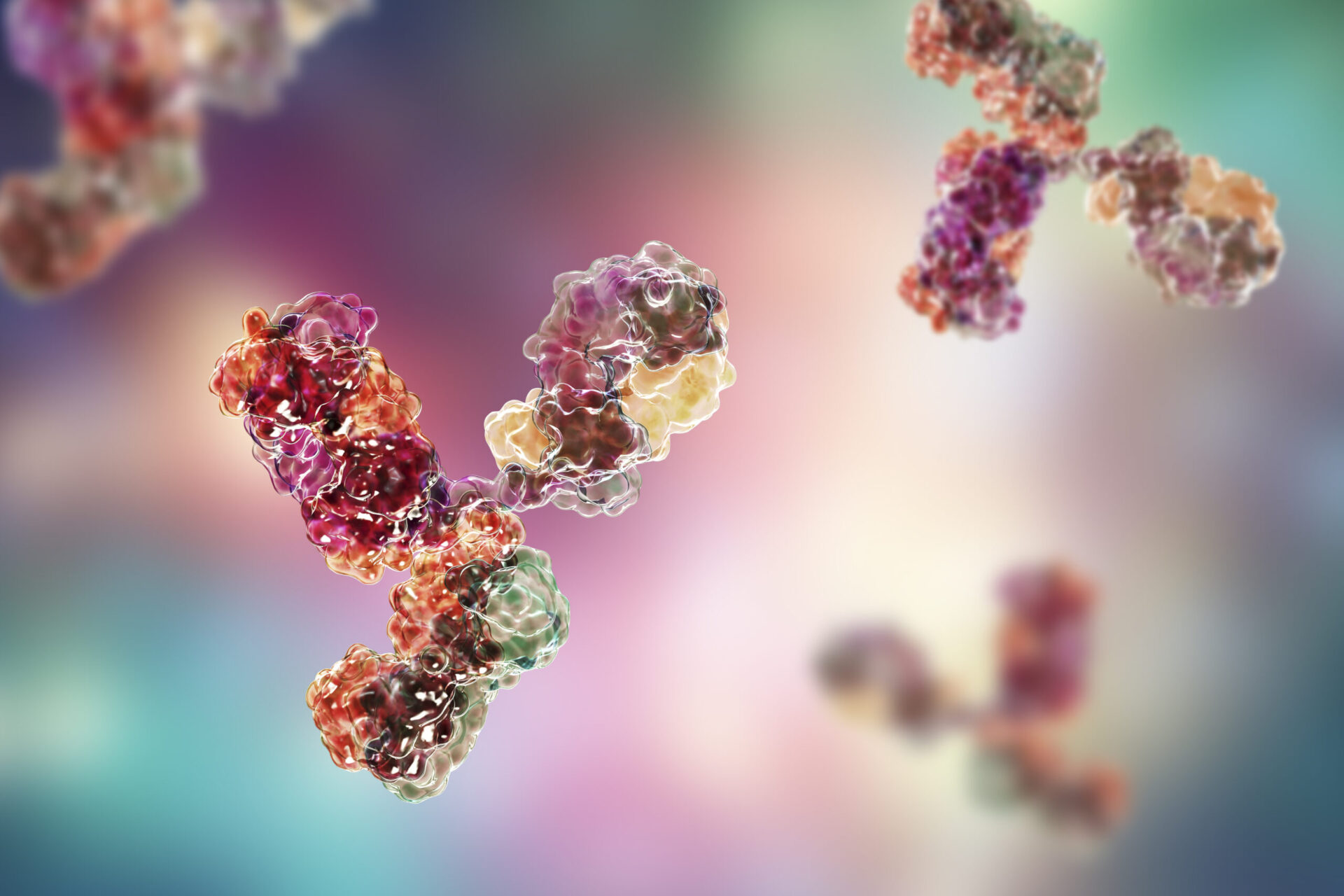Many people experience side effects after receiving the COVID-19 vaccine, just as they would after any immunization. Temporary side effects such as soreness around the injection site, headache, tiredness, and fever are common and indicate immune system activity.
However, not all individuals experience noticeable side effects following their vaccination. A Lancet study on over 280,000 individuals analyzed the number of people who reported local and systemic side effects after receiving the Pfizer-BioNTech vaccine. Local side effects are those near the site of injection, while systemic side effects are felt distant from the site of injection.
After one dose of the Pfizer-BioNTech vaccine, the study found that 13.5% of individuals reported systemic side effects, while 71.9% of individuals reported local side effects. After the second dose, 22% of people reported systemic side effects, while 68.5% of people reported local side effects.
Over 68% of people reported local side effects, following the second dose of the Pfizer-BioNTech vaccine.
Image Source: Aja Koska
The reason for these discrepancies stems mostly from the ways each person’s immune system reacts to the vaccine.
The immune system works in two steps. The first is innate immunity, which is the body’s immediate response to an unknown substance, such as the vaccination. Inflammation is triggered by the body as a signal to other immune system agents as well as a protective mechanism. This stage of inflammation can cause common side effects, including fever and pain, which people often experience shortly after receiving an injection.
With age, the innate immune response weakens. Younger people have a more robust innate immune response, which is one reason they report greater side effects than older people.
Adaptive immunity is the second stage of the immune response and provides the long-lasting and specific protection that vaccines are designed to enact.
Adaptive immunity is when the immune system creates antibodies that will circulate through the bloodstream. Antibodies are created specifically for a foreign body that has been introduced into the body by a vaccine or that has entered the body and caused illness. In the case of future exposure, antibodies will be ready to bind to the foreign object and quickly neutralize it.
After receiving the COVID-19 vaccine, the immune system creates antibodies specific to the virus.
Image source: Koto Feja
It is crucial to note that everyone reacts to vaccines differently. While some people may notice certain side effects a day or two after receiving either dose, others may not notice a thing. Side effects are not an indication of the vaccine’s efficacy.
Most vaccinated people, regardless of absence, presence, or severity of side effects, gain immunity to COVID-19, as evidenced by the Pfizer-BioNTech vaccine’s 95% efficacy rate in preventing COVID-19 sickness, as well as the similarly high efficacy rates of the Moderna and Johnson & Johnson vaccines. Health officials and leaders continue to encourage everyone eligible to get one of the COVID-19 vaccines.
Featured Image Source: Kateryna_Kon










